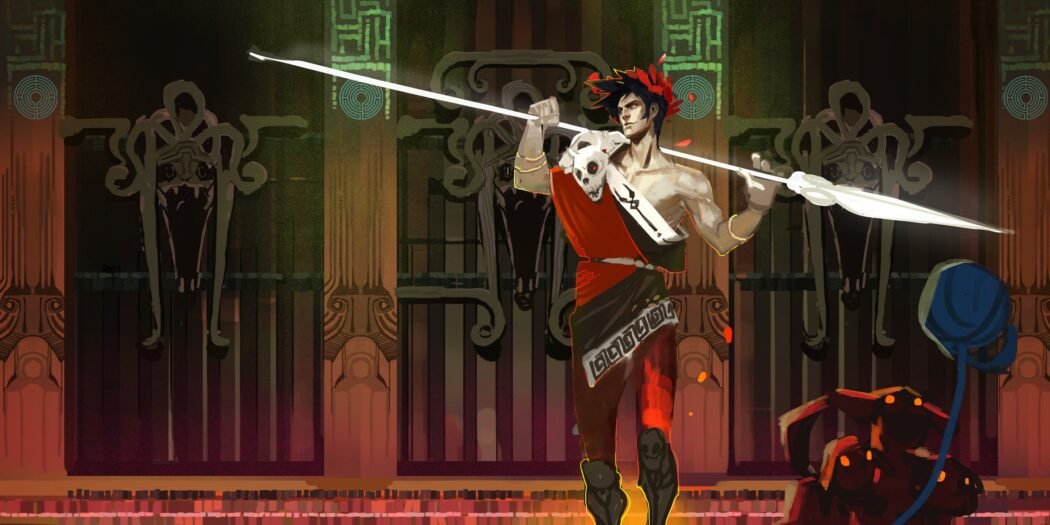Unlearning Perfectionism: Practicing Failure Through Hades, Mental Health Through Video Games
I have a visceral reaction when I perceive that I’ve made a mistake. I’ve had this happen since I was very young, as early as I can remember. It’s hard to describe, but pretty much 30 years, I’ve associated it with immense agony and shame. My stomach feels suddenly heavy and twisting in knots; my face tingles with pinpricks; my ears become a flurrying mix of amplified details and deafening vibration, as though someone set off a firework. I feel myself begin to shrink while my inner critic barges in and exposes my every flaw.
Setting myself on a journey to unlearn this pattern has been painful to say the least.
For the last 2 months, I have been absorbed in what has become one of my favorite video games of all time: Hades.
This game has won many awards, including Best Art, Best Acting, Best Music, and Game of the Year. And after playing for quite awhile, it’s easy to see why. There will be no spoilers, so if you’d like to play yourself - I highly recommend you do so and you can still read through this blog. I am absolutely in love with it, and I am glad no one spoiled it for me.
The premise:
Zagreus, the headstrong, disobedient, and sassy son of Hades, is fed up with his father’s rules and lack of any love, so he decides to try to break out of hell and join the Olympians on the surface. Simple, right? Fight through hell, break out of Hades’ grip, defeat your father, find your extended family, and be free to be your true self. Easy.
The catch?
You start with only one chance, one life. If you die, you start over from the very beginning.
Despite having played a decent amount of video games, I can’t keep up with most gamers. My play style can be reckless and I’m not great at keeping myself alive. I often play healers (surprise, surprise) to keep myself alive just as much as my teammates. Dying and starting over is one of the hardest things for me to have to do. In the video games I’ve played (and the tasks I’ve taken on throughout my life), dying is not an option. You play and keep yourself alive. Dying is bad. Dying means losing. Dying means you suck and you aren’t getting better. Dying means failing. Dying means throwing your controller and rage quitting. Dying is the end.
This is where the brilliance of game design comes in:
Hades is designed with failure as a necessary aspect to the story and the game mechanics.
Every time you die, you come back home. You learn more about yourself, your friends, your family, and your powers grow. Every time you die, there is more on the other side that would not have been possible before you left.
In my real life, failing doesn’t have as clear of a a benefit as it does when you explore the world of Hades. I feel lost and hungover after mistakes. I feel wary of my interactions with others, worried that I’ve damaged something beyond repair.
So, in my worry and fear of fucking more things up than I have to, I turn back to Hades and immerse myself not only in the gameplay and frustrating struggle of pressing buttons to hack and slash my way through wretches, but also in Zagreus’ experience of failure and his own management of emotions and relationships.
I have high suspicions that either someone who went to some deep therapy or a mental health professional helped write the script for the acting and storyline for Hades too. Without spoiling how it’s done, I can just say that Zagreus and other characters model expression of emotion, conflict and repair, and renewal in a way that resonates.
It’s important to me to feel reinforced when disconnecting from messages and unlearning patterns of perfectionism. When being ‘perfect’ has been based on avoiding pain and scoring high, it helps to feel failure as a benefit in ways that provide repetition, self-aware humor, and modeling of imperfection from within the character you become. Stepping into the role of Zagreus has been healing and supportive for me in ways I never could have imagined.
Fucking up has never been so good.



